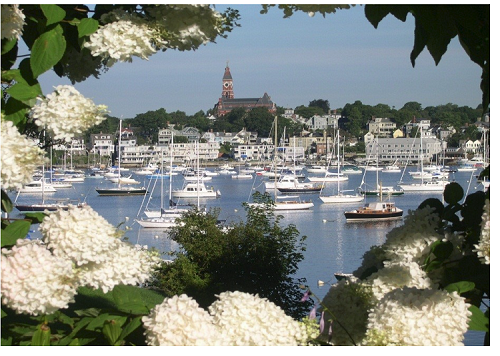The weather is freezing, but 2014 could be a really good year for real estate
Since its low in March 2009 the stock market, even after the January correction, has increased by 141% and is 12% above its prior 2007 peak.
By way of contrast, the housing market is up 22% from its low and is still 21% below its 2006 peak.
Throughout the country the cry is the same: there is not enough supply. Come on sellers!
Well, here’s a thought. For most of us our home is our largest asset. During the great recession, as values decreased, we felt worse off. Now, as prices are recovering, we feel better off. But human nature is such that we are reluctant to sell at a price lower than one that could have been achieved in the past. And nationally prices would need to increase 25% to get back to 2006 levels.
And so we wait. I came across this sentence in an article I read yesterday: “Housing market experts believes that homeowners are uncertain about selling their properties unless it’s absolutely necessary because they run the risk of not finding a new home to move into.”
Bingo! In other words demand is greater than supply. How does this get resolved? In basic economic theory, one way is to increase supply. While new housing starts have increased nationally over the last year, that does not help markets like Marblehead where there is virtually no new land available for development. And it takes time to build new houses.
So if supply does not increase, and demand exceeds the available supply, guess what? Prices go up.
I read reports from all round the country and housing markets nationwide remain in an uptrend. Sure, a major geopolitical event could derail everything, but in general the sense is that the economy is slowly, but steadily improving. What the Polar Vortex is doing is dampening activity in just about every sphere (except snow ploughing). Unlike restaurants, which cannot recover meals not served, or airlines, which cannot fill unsold seats, demand for housing will build during this cold spell.
It is worth remembering that the really cold weather started in early December so we have already had two months of this, interrupted by a couple of warm spells. Last year, the housing market was very strong in February and March, with many houses selling the day they hit the market, often for more than the list price.
In part because Congress failed to spur economic growth through fiscal policy (tax rates, regulatory burdens, spending), the Federal Reserve used its monetary policy – keeping interest rates very low – to try to encourage economic growth.
One of the unintended consequences of the Fed’s policy has been a boom in the stock market, creating more wealth for investors (while the real economy has produced lackluster growth in jobs).
I believe there is a good chance that investors will increasingly look for the next asset class in which to invest in 2014. Trading up in real estate while mortgage rates remain at historically low levels ( and they have come back down to around 4.25% nationally on the 30 year mortgage) is a good candidate. Provided, of course, they can find something to buy.
Every seller’s position is, of course, different and requires a personalized strategy based upon her time frame and reinvestment plan.
If you – or somebody you know – are considering buying or selling a home and have questions about the market and/or current home prices, feel free to contact me on 781.631.1223 or andrew@HarborsideRealty.com.
Andrew Oliver is a Realtor with Harborside Realty in Marblehead


I agree. Barring some “event” we are looking at a solid year of growth. Despite the cold have been seeing pretty strong buyer activity at open houses and interest in certain segments of the market. Now is a great time to list a home for sale as there is limited competition for those buyers.